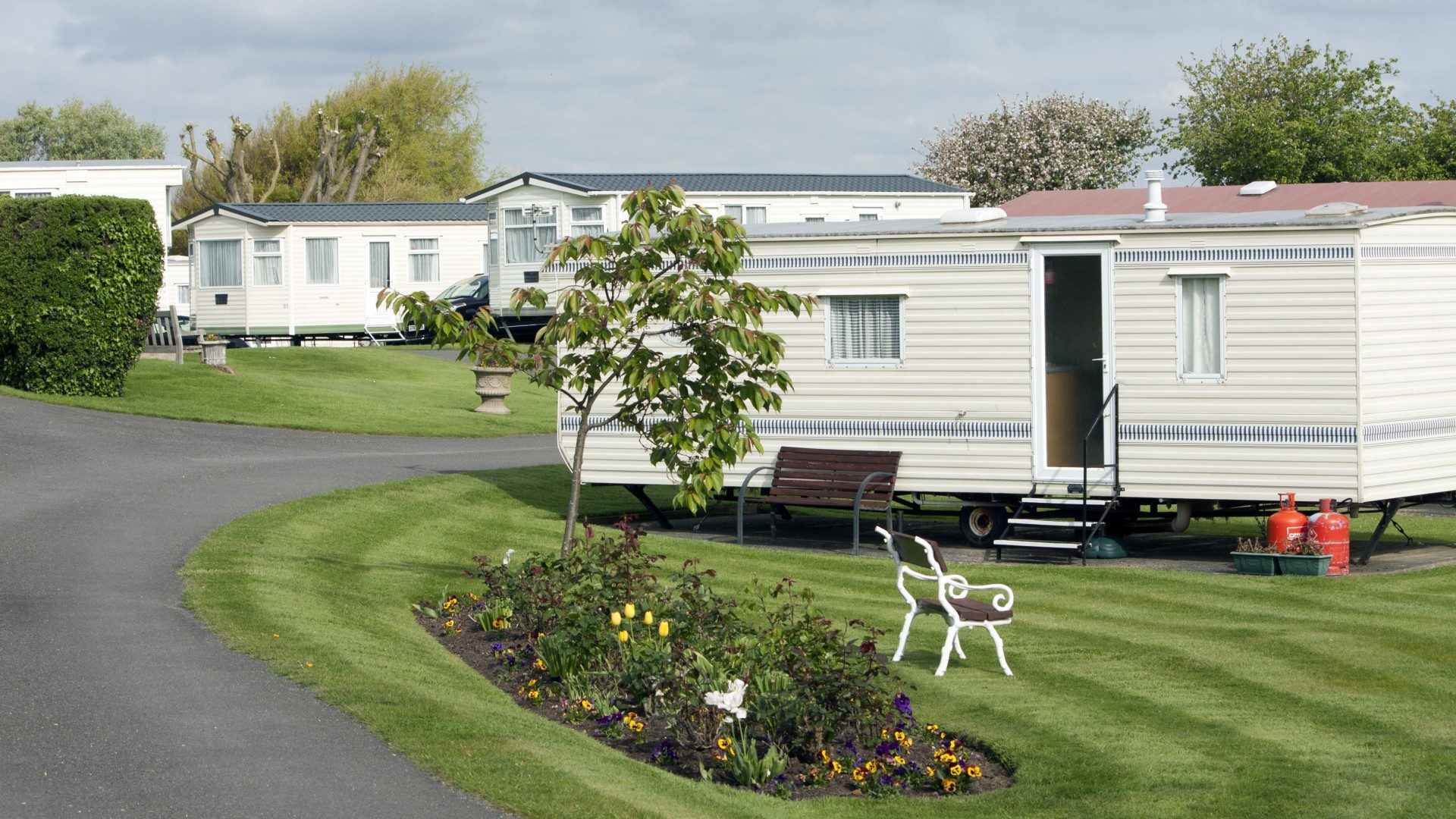A summary of the list of recommendations on the implementation of the OBBBA in Colorado regarding public benefits systems and work requirements.
Recent articles
CCLP testifies in support of Colorado’s AI Sunshine Act
Charles Brennan provided testimony in support of Senate Bill 25B-004, Increase Transparency for Algorithmic Systems, during the 2025 Special Session. CCLP is in support of SB25B-004.
Coloradans launch 2026 ballot push for graduated state income tax
New ballot measure proposals would cut taxes for 98 percent of Coloradans, raise revenue to address budget crisis.
CCLP statement on the executive order and Colorado’s endless budget catastrophe
Coloradans deserve better than the artificial budget crisis that led to today's crippling cuts by Governor Jared Polis.
Somewhere, a place for us…

The average social security check is $1,657 per month. Social Security is the largest source of income for most retirees. Nationally, 12% of men and 15% of women rely on Social Security alone for at least 90 per cent of their income.
People are considered “rent burdened” if they pay more than 30% of their income for rent. Thirty percent of that average Social Security Check would be $497 per month. If people are paying more than half their income for rent, they are considered “extremely rent burdened.” Their housing costs crowd out other basic needs. Those living on an average social security check are extremely rent burdened if they pay more than $829 per month for housing.
The limitations are even more severe for people receiving Social Security Disability, or those with lifelong disabilities living on Supplemental Security Income. But finding housing at rent that older adults, people with significant disabilities and even minimum wage workers can afford is becoming harder with every passing year. As CCLP’s Charles Brennan reported last week, between 2010 and 2019, Colorado lost 41% of rentals under $600 per month. In 2010, 19.5% of Colorado’s rentals had rents under $600. By 2019, only 10% of units rented for under $600.*
Mobile home parks can offer Coloradans affordable, stable, and tight-knit communities. Older adults, people with disabilities, and Latinx Coloradans disproportionately live in manufactured housing. While most people own their own mobile homes (and rent the lot it sits on, if they are in a mobile home park), 29% of mobile homes are renter occupied.
Mobile homes made up about 1 in 10 of low-cost rental units in 2019. That year, 39% of mobile home rentals had rents under $600. Meanwhile, even those who own their own homes increasingly report lot rent alone exceeding this threshold. When lot rents jump by bounds, even those who own their homes can be priced out of their long-time communities overnight.
Homeowners living in mobile home parks face another risk. When owners sell parks for redevelopment, homeowners risk losing their biggest asset, if their home cannot be moved, if they cannot afford moving costs, or if there is nowhere to move it. If communities can be destroyed in a heartbeat, and scattered without a viable chance to make a counteroffer, then not only have residents lost, but Colorado has lost.
Manufactured housing can be part of the answer for our affordable housing crisis. But viability and attractiveness of that sector relies on preserving or creating communities with predictable costs, or long-term leases and promoting resident ownership of their own communities whenever possible.
Beginning last summer, Representative Andrew Boesenecker began meeting with residents of Larimer County mobile home parks. Residents expressed their concerns and fears about losing their housing to displacement, or to large lot rent increases under new ownership. CCLP has long advocated for those who might own or rent their own home but did not own the land underneath it. We successfully fought to eliminate sales tax on new mobile homes. We also worked to ensure that tenant protections also apply to those who rent a mobile home. We advocated to establish a dispute resolution program in the Department of Local Affairs to address complaints by mobile home owners of violations by park owners of the Mobile Home Park Act. Finally, we advocated to establish an “opportunity to purchase” process for residents to be notified when the land underneath them goes up for sale, or when a park owner plans to change the use and close the park to allow a collective bid to match the offer.
This year a large coalition including CCLP, Colorado Poverty Law Project, 9to5 Colorado, Colorado Coalition Mobile Home Owners (CoCoMHO) and a number of local governments joined together to develop HB22-1287: Protection for Mobile Home Park Residents.
Among other things, this bill strengthens the Dispute Resolution Enforcement Program of the Mobile Home Park Act, and adjusts timelines and processes for park residents’ right to purchase — eliminating barriers and creating better opportunities for residents to match a sales offer and preserve their community.
This bill also would have capped yearly lot rent increases at the greater of 3% or inflation. Unfortunately, due to a veto threat of the entire bill by Governor Jared Polis, Rep. Boesenecker made the painful decision to amend out the lot rent stabilization section, despite likely having the votes in the legislature to pass it intact.
“This is the last amendment I wanted to offer, but we cannot have this bill vetoed,” Rep. Boesenecker said yesterday, given “so many good things in this bill that will protect residents.”
Indeed, even in its current form, the legislation now headed to the Senate could be Colorado’s last, best chance to protect this dwindling pool of affordable, private sector housing.
*Inflation adjusted, expressed in 2019 dollars, these were units that rented for $519 per month or less in 2010.
